The Top 10 Resume Mistakes Costing You the Job
When you’re job searching, it’s natural to wonder things like “How do you know if your resume is working?” or “Why haven’t I gotten a call?” or “Am I doing this right?” You’re not alone if these questions are commonly cropping up in your mind and you’re wondering if you should write your resume again.
I surveyed 200 professionals to find out what their biggest worry, frustration, or challenge was with writing a resume. The number one answer: mistakes! Every single person was worried about making a resume mistake that would cost them the job and leave them stagnating in their career. Some people were worried about spelling/grammar mistakes, and others worried about leaving out important information, or, conversely, what you should not include in a resume, or not using the right wording.
So to help you I put together this list of the top 10 resume mistakes costing you the job. It includes 10 common resume mistakes and resume writing tips on how to fix them before sending your resume to hiring managers and recruiters.
Resume Mistake #1: Including outdated resume objectives
Using an objective on a resume is a practice from more than a decade ago. Because it was once a common practice, it’s no surprise that it’s one of the most common resume mistakes now. Plenty of people haven’t written a resume in over 10 years! Objective statements are typically broad, sweeping statements that only tell the employer what you want. An example objective statement might be something along the lines of: “To land a great opportunity with a stable company where I can use my education and experience to help the company grow.”
The market has changed dramatically and employers aren’t as concerned about what you want (at least during the initial resume review—that concern comes later during the interview process). What they want to see on your resume is a great snapshot of your wins and successes, a specific job title, related keywords, and dollars, percentages, and numbers—the relevant achievements that show how you can help them as a company.
A branding statement that incorporates this kind of information shows a potential employer what makes you unique as a candidate. A career objective simply doesn’t do that—everyone wants a job where they can use their career experience and skills. As an established professional, you should be able to talk about achievements and what sets you apart as an applicant.
Resume Mistake #2: A summary that is a generalized overview of your career history
It used to be that you could create a career summary that was a broad overview of your 10- to 20-year career. However, that’s all changed now. What prospective employers want and need to see are industry-specific keywords, the most noteworthy accomplishments of your career (complete with accompanying figures), and your personal brand.
Resume Mistake #3: Keyword issues
The three most common keyword mistakes I see on resumes are:
• Too few keywords
• Too many keywords
• Not the right keywords
It’s smart to create a bulleted keyword section near the top of your resume. Bullets make it easier for the eye to scan information, and keywords are usually short which makes them easy to scan, too.
I would make three columns of three keywords each. Anything less would be too few and could prevent applicant tracking systems from pulling your resume during a search query. I wouldn’t include any more than 15 as that would be overwhelming for the prospective employer reading your resume.
Make sure that you’re including only the keywords relevant to the position. If you need help determining which keywords are best, scan job postings, check out recommended skills on LinkedIn, or review position descriptions on websites like Salary.com.
Resume Mistake #4: Using passive language
Writing in passive voice reduces the impact of your words and accomplishments. You want to show yourself taking action so be sure to use active verbs when writing your resume’s bullet points.
Examples of active verbs are:
• Pioneered
• Championed
• Overcame
• Drove
• Increased
• Generated
• Created
If you need more inspiration, here’s an infographic I created with 100 action verbs you can use on your resume.
Resume Mistake #5: Too broad of a focus
There is no one-size-fits-all resume. You can create and use one, but even in a great job market your results will be fruitless. Using one master resume and sending the same one to all possible jobs is one of the biggest mistakes to avoid.
DO NOT create one resume to apply to multiple types of industries or positions.
DO customize your resume for each type of position or industry to which you’ll be applying.
Tailor your resume by doing the following:
– Use the exact position title at the top of your resume.
– Underneath the position title include the top three keywords relevant and critical to the role.
– Choose accomplishments that are vital to the success of the position, industry, and company.
– In the work history section of your resume, put the most relevant bullet points first and those of lesser importance further down.
– Include any education, credentials, or certifications that are required for the position near the top of the resume.
– Repeat these customizations for each different type of position, industry, or company you apply to.
Resume Mistake #6: Including more than 15 years’ work experience
This is always a delicate topic to discuss. Ageism is real though, and unconscious bias about it does exist so even if we don’t like it, it’s still best to do what is within our power to avoid or overcome them.
I first heard this sentiment from Marie Zimenoff, the president of the Resume Writing Academy, and here’s my paraphrase: years of experience are rarely a differentiating factor. You do not need to include 20+ years of experience at the top of your resume. It’s also wise not to include more than 15 years’ experience on your resume.
By including statements about 20+ years’ experience or including more than the last 15 years of work history, you’re opening yourself up for age bias. On this same note, unless you have just recently graduated within the past year or two I would not include graduation dates on your resume OR your LinkedIn profile.
You might be a good fit for the job with a long record of accomplishment, but an unconscious bias can derail you, unfortunately. Limit the years you discuss on your resume, and you can go into further detail and farther back in your work experience once you’ve impressed a prospective employer with your resume and landed that interview.
Resume Mistake #7: Forgetting to add social proof
Social proof is an excellent way to validate the excellence and success of your work. You can solicit short quotes or testimonials from your network, former supervisors, or pull them from recommendations on your LinkedIn profile.
Avoid choosing vague statements like “John is a great guy. We really value the work he did for us.” Instead choose a testimonial that’s specific: “John always takes the time to go the extra mile for his clients. His exceptional client care secured a $2M contract with a previously competitor-aligned company.”
Using a short quote is a great way to brag about yourself without bragging about yourself, which is wonderful for those who are uncomfortable boasting about their wins. It also provides the much-needed proof and validation that puts hiring managers at ease.
Resume Mistake #8: Spelling and grammar errors
Spelling and grammar mistakes are usually the smallest, easiest, and most common resume mistakes to make. They’re also the ones most likely to cost us that great opportunity. I cannot tell you how many thousands of resumes and cover letters I’ve read that contained spelling and grammar errors. If grammar isn’t your strength, find an editor to proofread your resume or hire a professional resume writer. If you’re thinking about sending your resume in without having someone else look it over, stop right there. And no, spell check doesn’t count as someone else.
Don’t just trust spell check. Your resume and cover letter are too important to entrust to a computer program that can’t differentiate between homophones or see a gap where a missing word belongs. It’s worth the investment in an editor to never have to lose another great opportunity because potential employers don’t think you know how to pay attention to details.
Here’s an article our editor wrote about six commonly misused words on resumes and it’s number one on Google. Check it out and save yourself from making a mistake with one of them.
Resume Mistake #9: Resume length
Debates have ensued for years on the “right” length for a resume and this study from ResumeGo may have finally solved it. I’ve long advised that a one-page resume isn’t long enough for someone with 10+ years’ experience seeking an executive role. It seems like the research confirms that advice.
The ResumeGo study found recruiters are 2.3 times likely to prefer a two-page resume over a one-page resume.
It’s not just the length that matters for great resumes, it’s the content, too. However, don’t believe the myth that when you write a resume it has to be condensed down into one page or recruiters will not read it. That simply isn’t true.
On the other end of the spectrum I also would not advise you to go any longer than a three-page resume. Anything past three pages is very unlikely to be read by a busy recruiter.
And don’t fill your resume with fluff just to get it to two pages. Strong content is crucial, and you won’t have that if you are just adding in buzzwords and soft skills that have no real meaning. An effective resume makes good use of space and good use of language to get your message across.
Resume Mistake #10: Listing duties instead of accomplishments
Hiring managers are not impressed by resumes that list job duties and responsibilities. If you want to impress the employer, include accomplishments, successes, results, challenges overcome, and problems solved. Phrases like: “duties included” and “responsible for” should be omitted from your resume. Instead of creating a list of job duties, shape your duties into descriptions of accomplishments that truly convey your qualifications for the job you are now applying to.
I’m sure you know even the smallest mistake on your resume will cost you the job. It’s a good thing to stand out to a hiring manager—usually. But if you’re standing out during the hiring process because of blatant and easily avoidable mistakes, you are hurting your career.
If you’re not familiar with current hiring practices, what employers need and want to see on a resume, or applicant tracking system requirements, it’s even easier to make a mistake.
Our team of professional resume writers has helped more than 10,000 executives avoid resume mistakes, make a great first impression, and land better, higher-paying jobs. We can help you, too.
To see resume samples that give you some idea of the type of work we do at Great Resumes Fast, head over to the samples section of our website.
It’s easy to get started: all you need to do is sign up online. We’ll call to schedule a time to chat about your resume and within three to five business days you’ll have a professional and polished resume.
So, go ahead and sign up today, and never worry about missing out on a great job again.
Share this post:

About the author
Jessica Hernandez, President, CEO & Founder of Great Resumes Fast
Hi, I’m Jessica. I started this company back in 2008 after more than a decade directing hiring practices at Fortune 500 companies.
What started as a side hustle (before that was even a word!) helping friends of friends with their resumes has now grown into a company that serves hundreds of happy clients a year. But the personal touch? I’ve kept that.
You might have seen me featured as a resume expert in publications like Forbes, Fast Company, and Fortune. And in 2020, I was honored to be named as a LinkedIn Top Voice of the year!
I’m so glad you’re here, and I can’t wait to help you find your next perfect-fit position!
4 Comments
Leave a Comment
Improve Your Resume: Download Your Free Executive Resume Template Today
Are you struggling to create an executive resume that will impress employers? Download this free executive resume template and receive a series of 10 emails with expert guidance on how to write resume content that resonates with employers so you get more interviews.
It's everything you need to stand out, make an impression, and accelerate your job search.
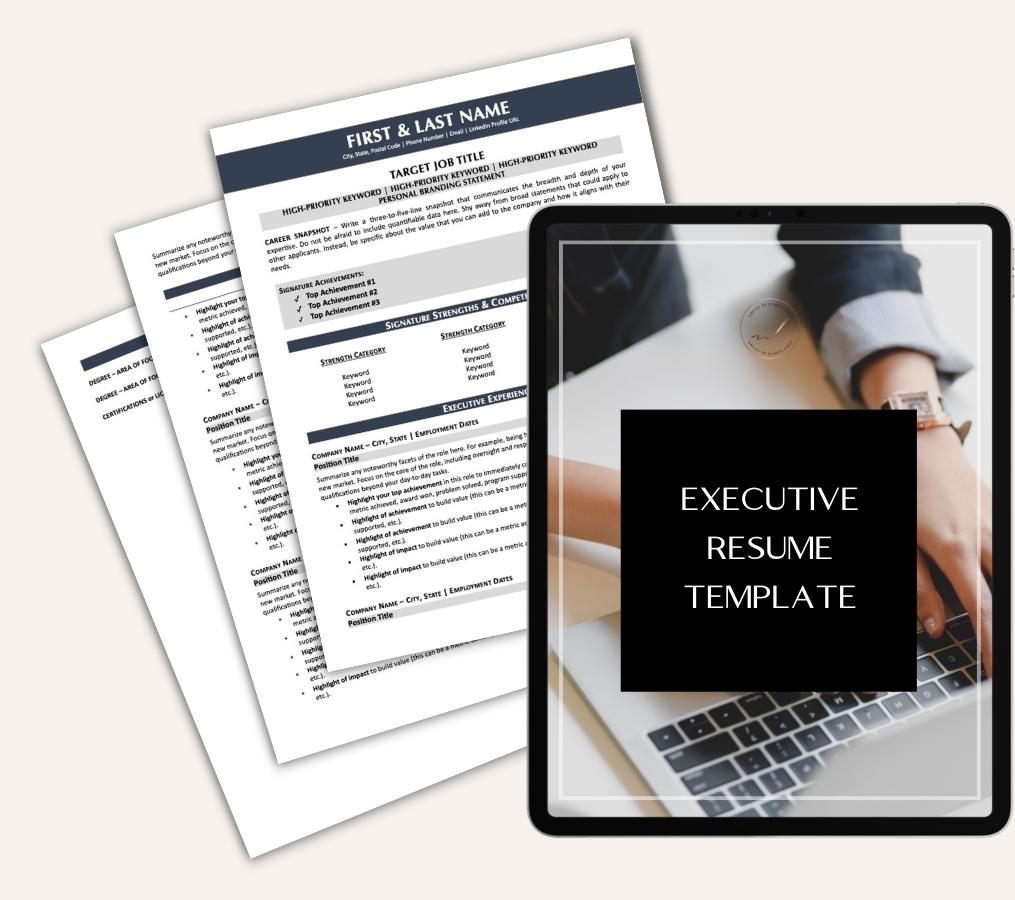


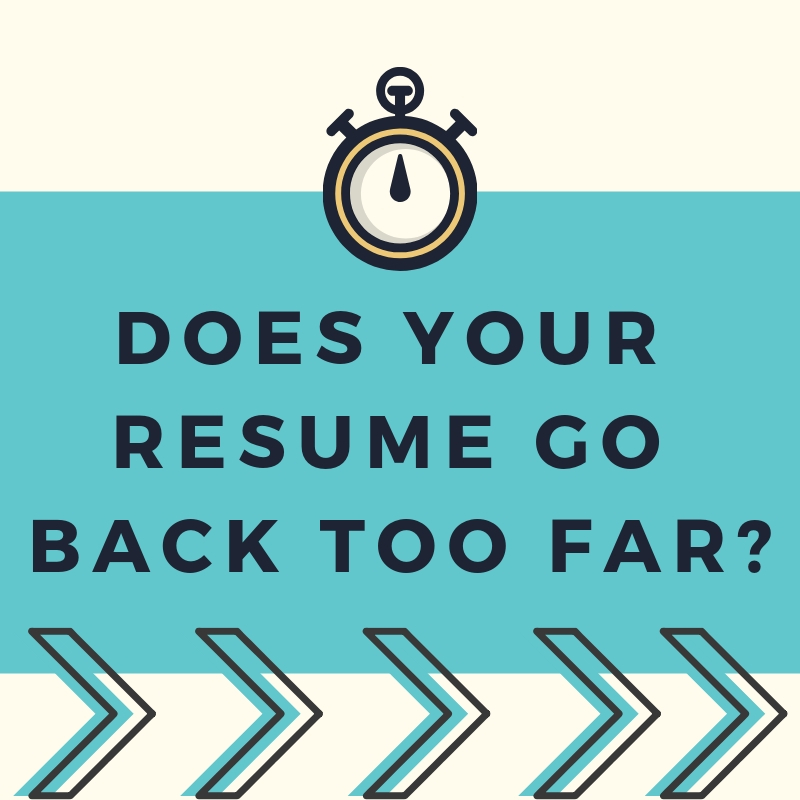
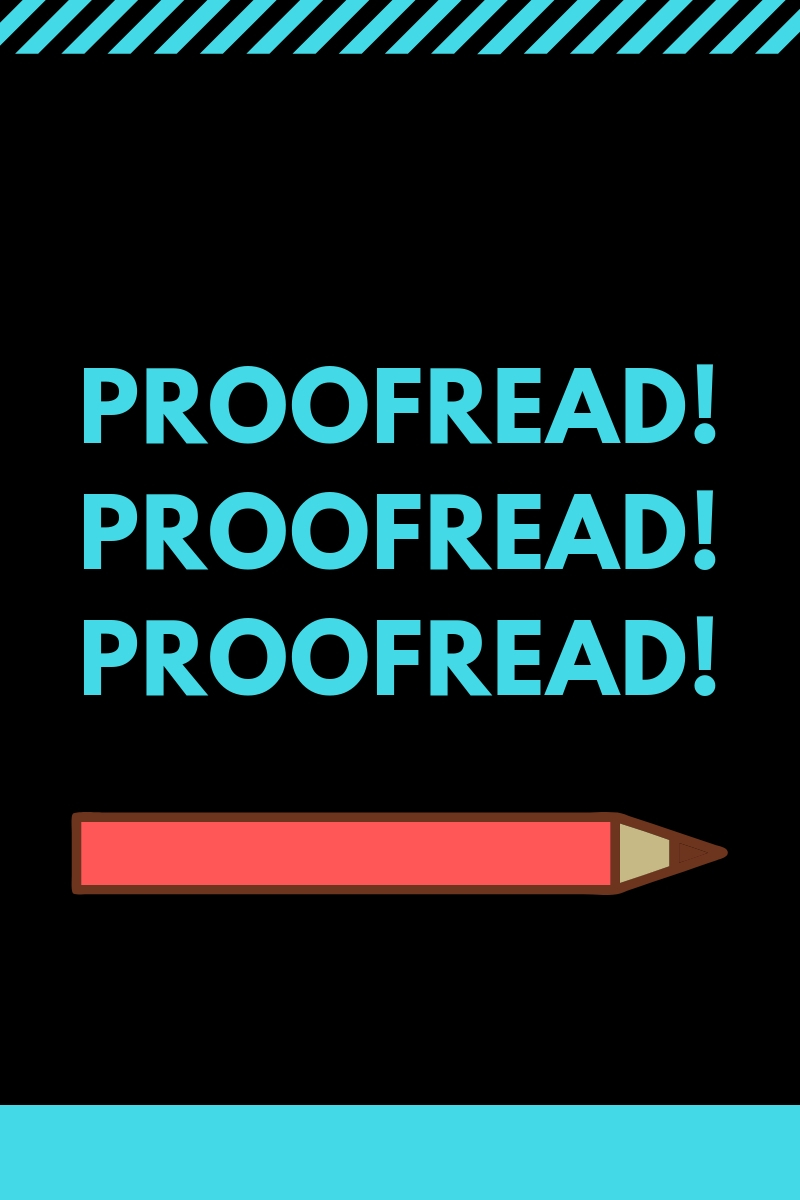
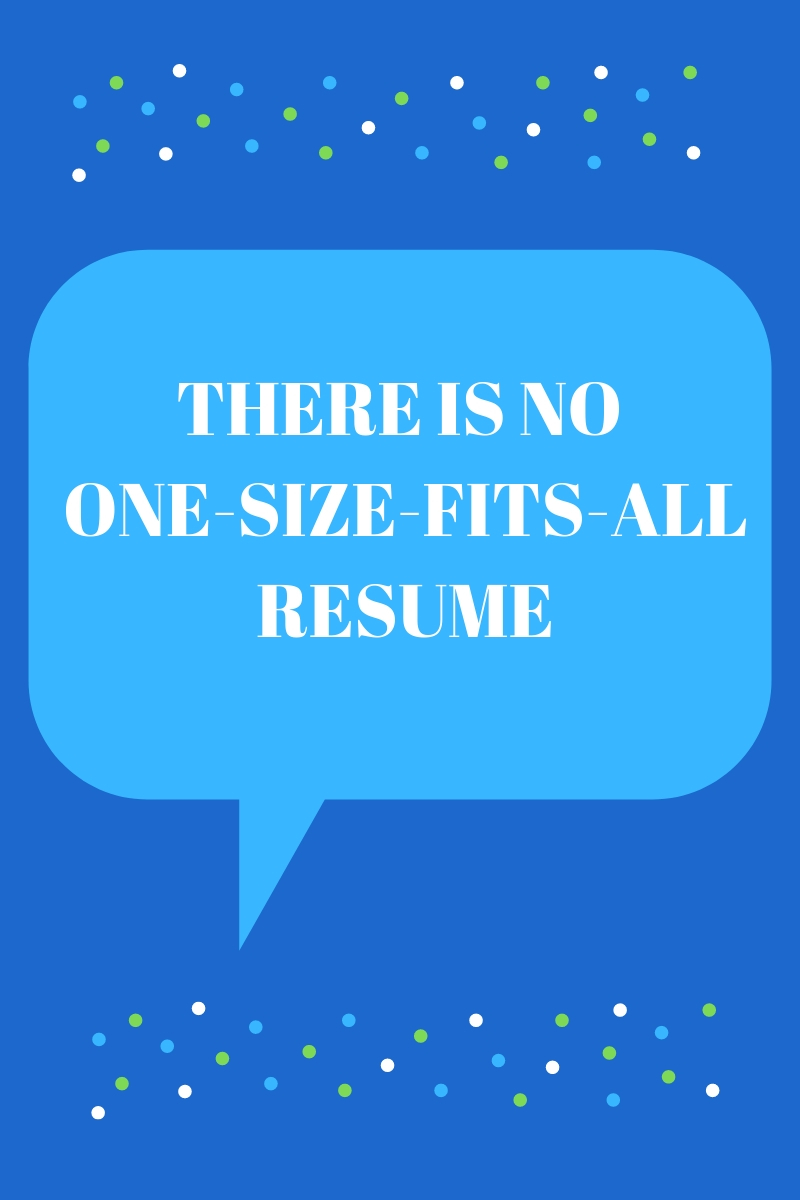

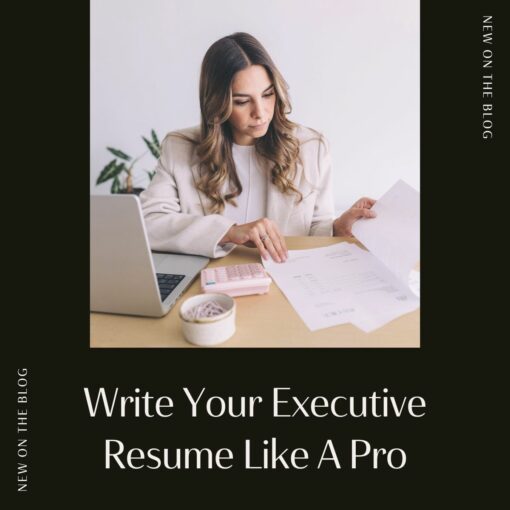
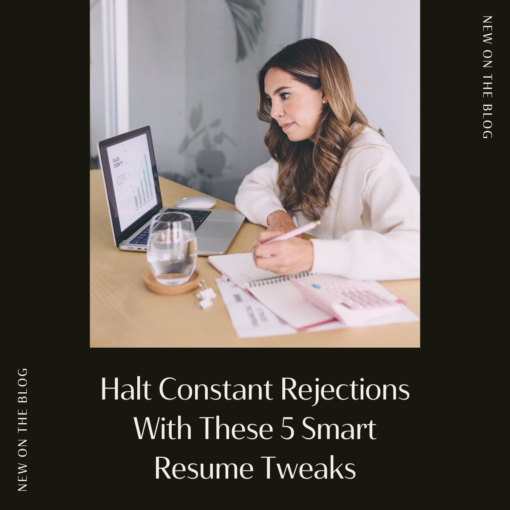




[…] January 8, 2019January 8, 2019 By job-search-bot This post was originally published on this […]
[…] post The Top 10 Resume Mistakes Costing You the Job appeared first on Blog | Great Resumes […]
MS office setup is easy to lead to for all one of platforms in the freshen of each and the unadulterated share of one performing 2019 versions
following , Office 365, Office setup Home & student. https://365setup.com
Such an informative blog.
I must follow this blog to avoid these mistakes when I start building my resume.
https://resumestation.com/